Program Areas
Fruit Production
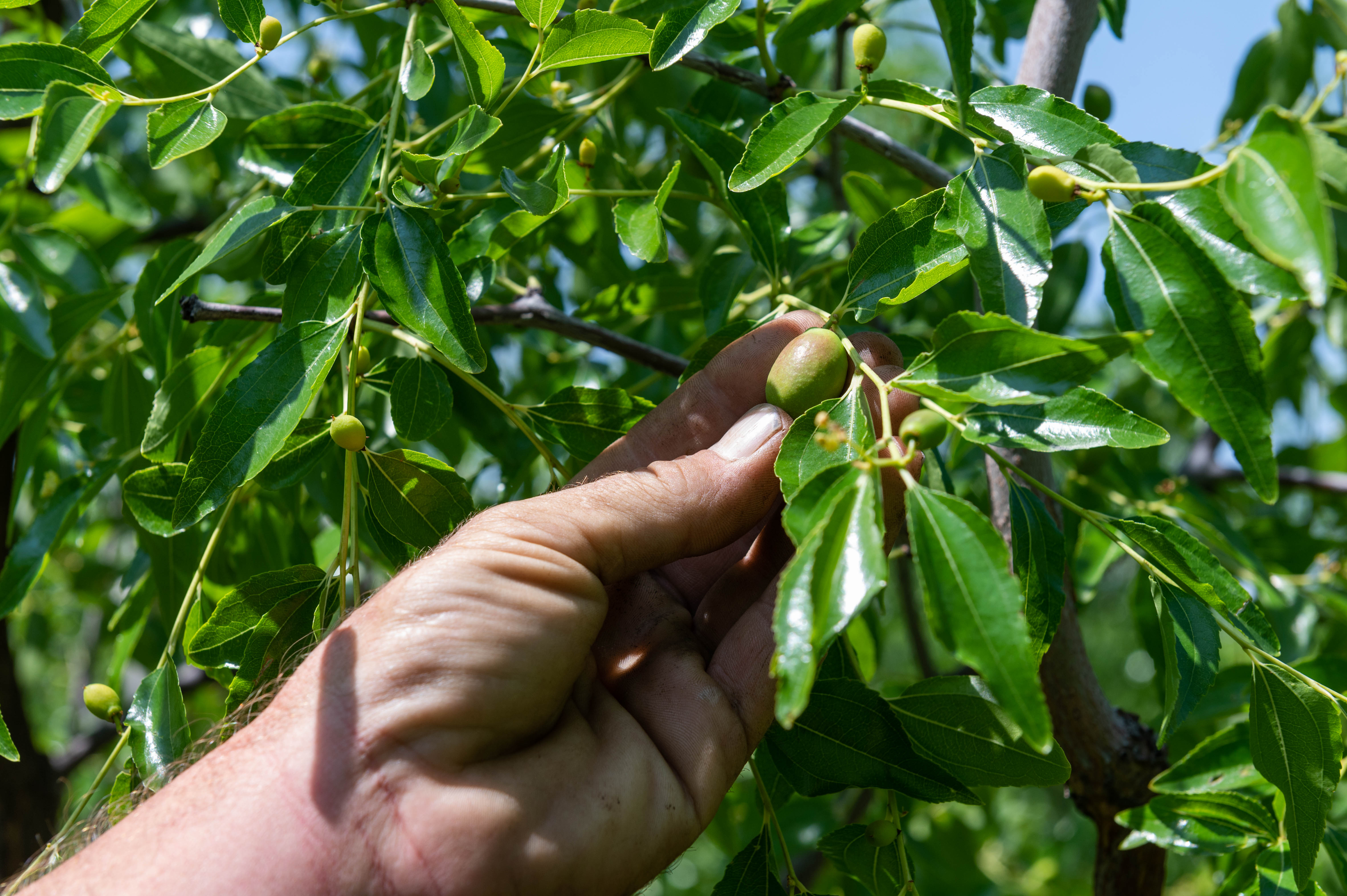 |
With severe late frosts each year in this area, this research focus is alternative fruit tree/berry species and alternative production methods (like high tunnels) that are adapted to this area and produce reliable crops. So far, jujube, a Chinese date, is the only temperate tree fruit species, that grows and produces well with nutritious fruits in New Mexico. |
Native, Medicinal, and High-Value Plants
 |
At SASC we have been exploring the potential of alternative, high-value crops, including medicinal herbs and the culinary spice saffron. Lavender currently thrives at the farm on a substantial plot, and other crops include yerba mansa, cota, and osha. Saffron trials underway since 2023 show great promise. |
Sustainable, Climate Smart Agriculture
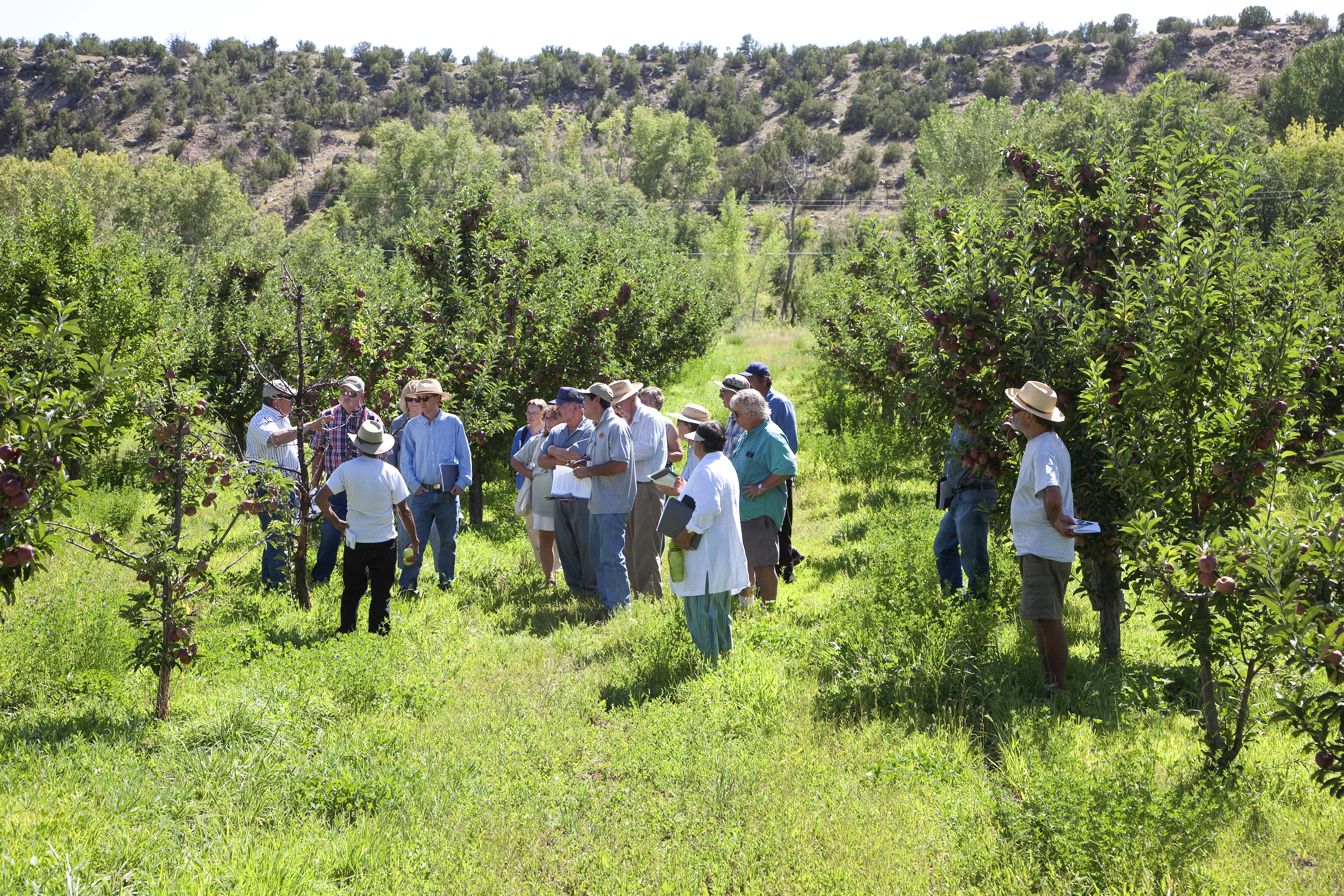 |
Given the variety and number of small farms in the Northern New Mexico region as well as the ongoing pressures upon agricultural land and water, one of SASC's goals is to help maintain agriculture sustainably by providing evidence-based information to farmers. We do this through research and education. In addition, we utilize field-based techniques and management that are particular to sustainable agriculture. |
Acequia Culture
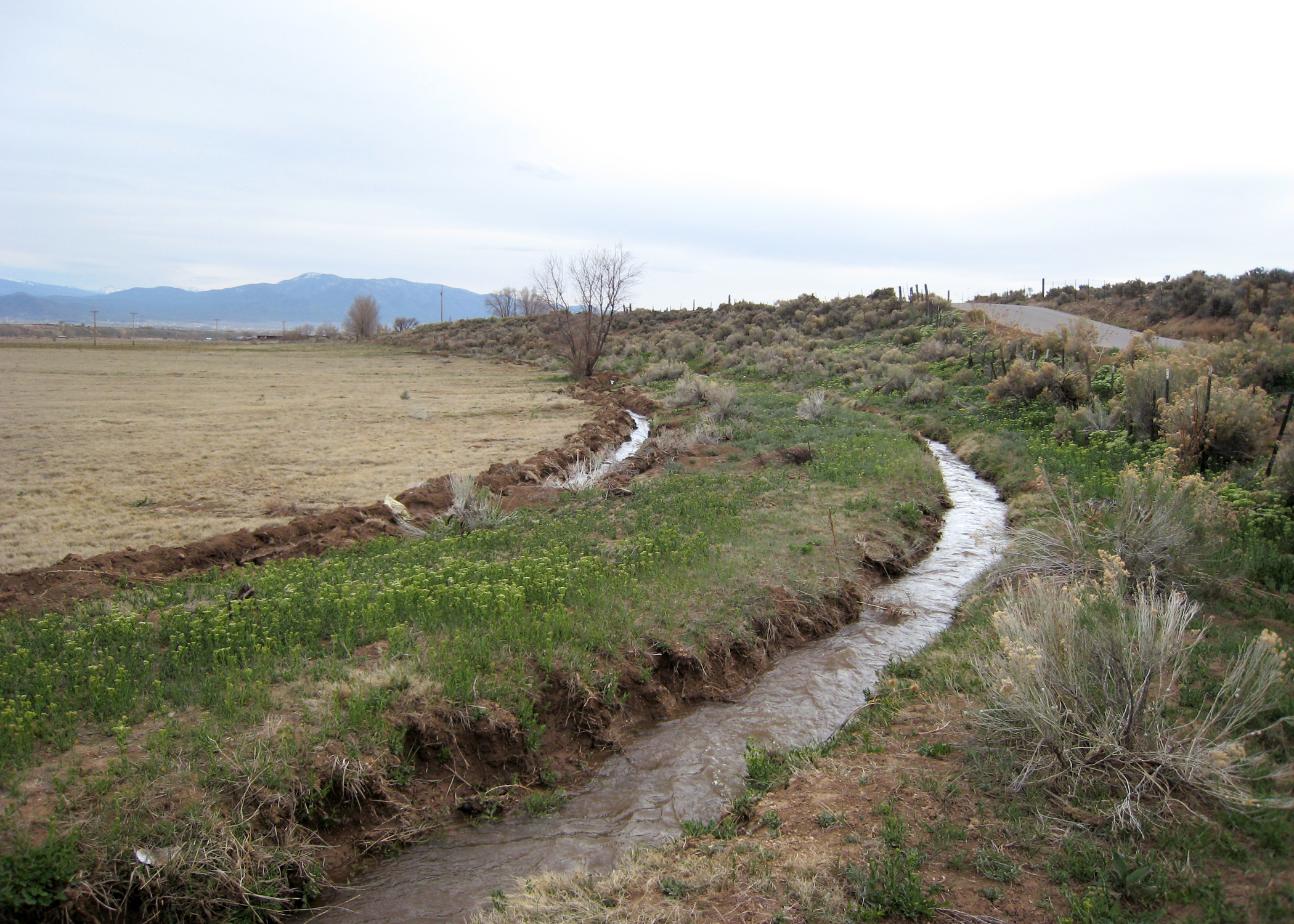 |
Acequias are the oldest water management institutions in the United States of European origin. Today, around 800 acequias continue to feed the fields of Northern New Mexico! These ditches help to restore aquifers and riparian areas. One of the few commons still existing in the United States today, acequias are an essential part of identity and survival. |
Organic Production
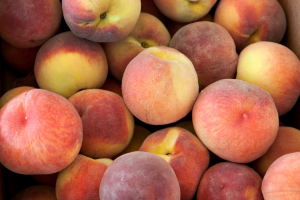 |
The first NMSU acres certified organic for the purpose of research were at the Alcalde Sustainable Agriculture Science Center in 2002. We have continued to carry out much of our crops' research on these acres, including research grant projects that require, or prefer, certified organic acres (for example, grant-funded studies on medicinal and culinary herbs, common and tepary beans, and blue corn). |
High Tunnel/Hoop Houses
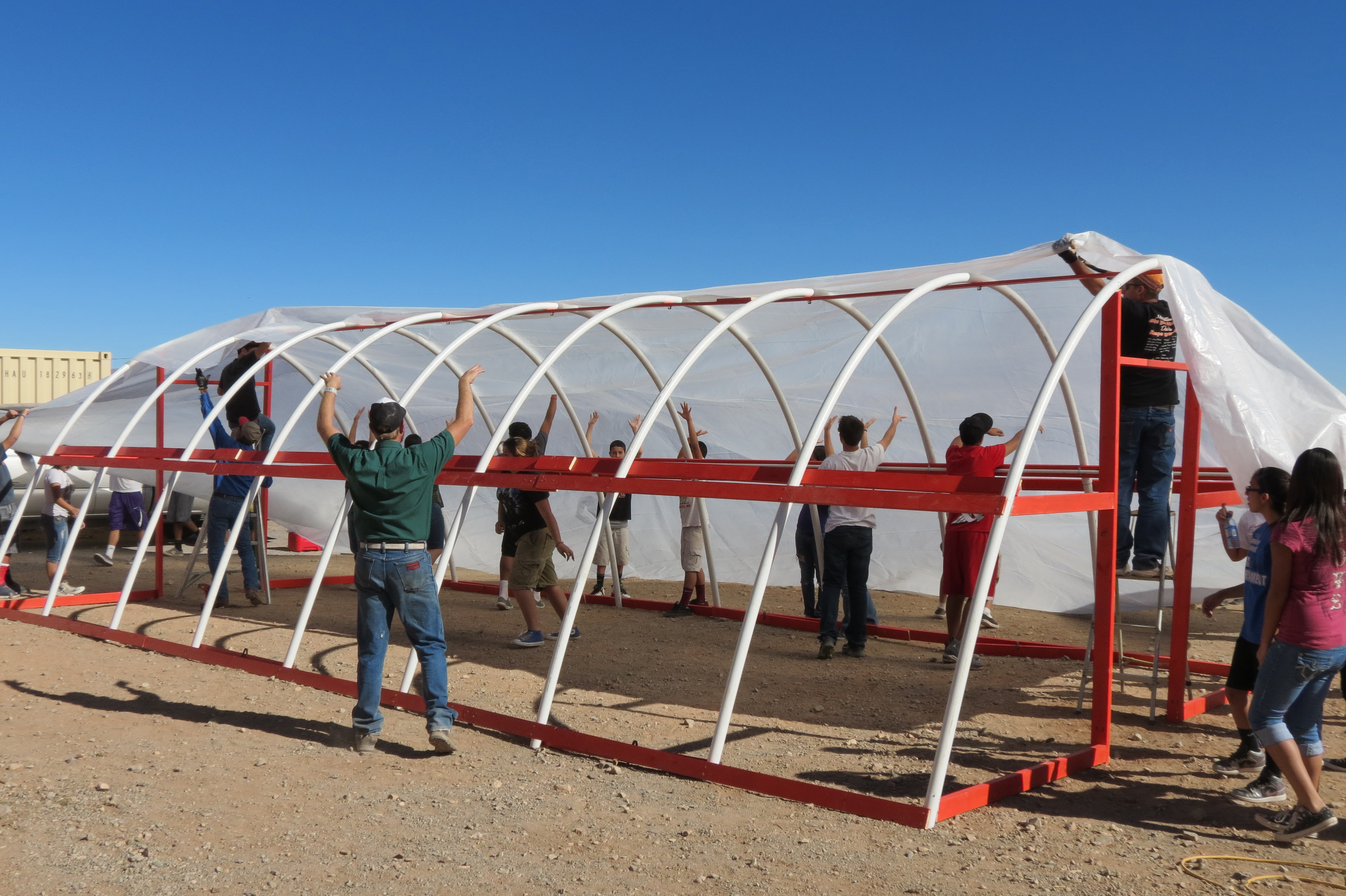 |
Hoop houses and high tunnels are a way to help local farmers prolong the growing season with low-cost materials that could be found at a nearby hardware store. SASC researchers develop year-round, intensive, high-value production systems using high tunnels. Results will be made available to farmers, educators, scientists, etc., through publications, press releases, field days, and workshops. |
Forages and Row Crops
 |
When the Spanish colonized New Mexico, they brought a variety of seeds from their homeland and Central America as well as an array of livestock- sheep, goats, cattle, and horses. Along with the livestock came the need to feed these animals with wild and cultivated forage crops. SASC evaluates alfalfa varieties and alternative forage crops. SASC has also recently grown row crops including kale, lettuce, tomatoes, cucumbers, and spinach at the station. |
Soil Regeneration and Health
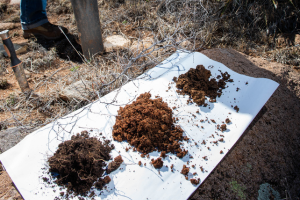 |
Soil health may be the most important factor for farming success, especially in the arid Southwest. Today's soil is challenged by the effects of modern human inhabitance such as salinization, pollution, soil loss, and reduced water retention. |